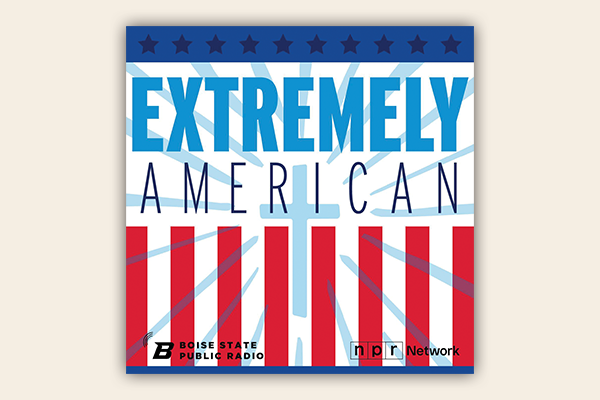Christ was crucified in West Texas.
We all knew it.
Even though our Protestant crosses were clean, the preachers told us where the good Lord was pierced — in hands, feet, and abdomen. We saw pictures of the desert where Jesus walked. It looked like the West Texas landscapes that stretched on forever, although pyramids were traded for plateaus.
We imagined that the same blood that covered our sins dripped down and mixed with the dirt, turning it red. After a day spent outside, we could shake the dust off our shoes but the crimson that stained our socks and feet reminded us of the lessons we learned in Sunday school.
In that small town, we were told that we were in "God’s country." The physical and spiritual evidence that surrounded us made us all the more certain. If this was "God’s country," then this too was God’s community, God’s actions, God’s relationships. The community, its actions, its families, its relationships were sacred. Nearly every aspect of the community was transformed into some great action of the Kingdom. And we were reminded, almost as often, that The World was a threatening force trying to make its way in and it was our duty to keep it out.
The World was different from the Kingdom, we were warned. Those who were marked as different in the community, then, became suspect. Difference in gender, race, and sexuality set them apart. Their difference separated them from the sacred and marked them as sinful. And people knew well the wages of sin. In "God’s country," acts of hate became holy actions.
In my West Texas town, people were certain God was male. A literal interpretation of the Bible took pronouns at their word in some places and ignored them in others. And even though the crosses were empty, they knew Jesus was white. Jesus spoke English, although sometimes liberal theologians who were of The World mistranslated the Hebrew. They used the story of Adam and Eve to project heteronormativity into the past. They bent the Bible to refract their own images, obscuring a more expansive reflection of the creator. The homogeneity of their pews did nothing to challenge their views either.
They went further, asserting a connection between "God’s country" and real America. This made their lives and their ways of life sacrosanct and superior. They alone were true Christians and citizens. They used their convictions to cast people out of the community, the church, and the nation.
In that town, the spirit turned apparition, forever haunting not holy.
In "God’s country," we were far from heaven.
When I finally left "God’s country" for the world, my absence went unnoticed.
In abandoning the rigidities of that place, there was less certainty in the world but more mystery. There was less confidence, but more faith. I no longer heard thundering denunciations from above and demands for exclusion. I heard calls for acceptance and affirmation.
In the day-to-day messiness of being human in this world, I’m far from "God’s country," but closer to grace.
Got something to say about what you're reading? We value your feedback!







